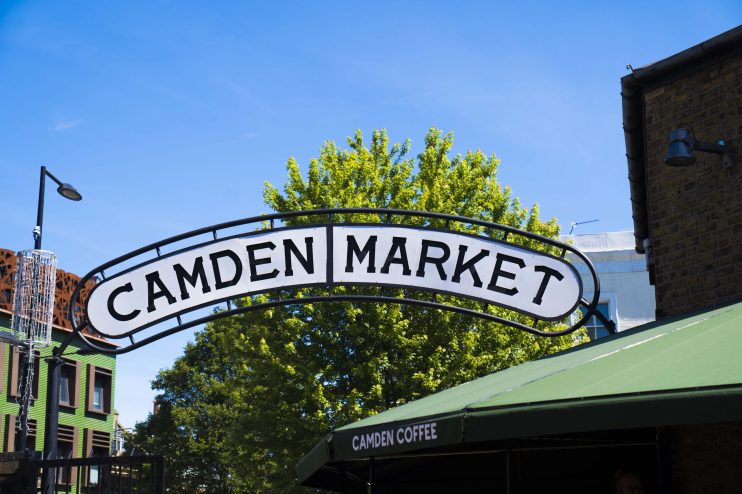London house price growth slows, but you’ll still need over £1m to live in Camden, Kensington or Westminster

The price of the average London home stood at £680,806, according to online estate agent Rightmove, which found that house prices in the capital rose 2.5 per cent compared to three per cent in Britain as a whole in the last 12 months.
When looked at borough-by-borough, property prices fared differently.
So while Camden residents saw their property rise 13.4 per cent to reach an average of £1,121,609, house prices in Kensington and Chelsea fell by 1.8 per cent; although west London enclave is stil London’s most expensive place to buy with the average property valued at £1,672,224.
The capital’s cheapest properties were in Barking and Dagenham where prices rose 1.8 per cent to £370,289 during the year; even so they are still more expensive than the average price of property in the UK , £365,357.
Houses in Haringey, Hackney, Lambeth and Kingston upon Thames are in the middle of the pack, selling for around the average London house price.
February’s monthly house price increase is just below the 20-year norm, signalling a gradual recovery after the chaos induced by Kwasi Kwarteng’s mini budget last September.

Demand had been choked off in the aftermath of Mr Kwarteng’s fiscal statement as mortgage rates spiked. The average rate for a 15 per cent deposit five-year fixed mortgage has now fallen to 4.65 per cent, down from 5.89 per cent in October but up on 2.48 per cent this time last year.
Marc von Grundherr, director of London estate agents Benham and Reeves, said: “While the London market hasn’t performed as strongly as the rest of the UK during the pandemic market boom, momentum is building.”
“While the current economic picture is far better than many predicted, the high cost of homeownership along with the increased cost of borrowing, is still having an influence on where buyers’ interest is currently being focused”, he added.
Tim Bannister, director of Property Science at Rightmove, said the tepid housing market would benefit buyers who had been “effectively side-lined in the frenetic bidding wars of the last two years.”
“A slower-paced market gives them to plan and secure their next move as we enter the traditionally busy spring-buying season”, he said.